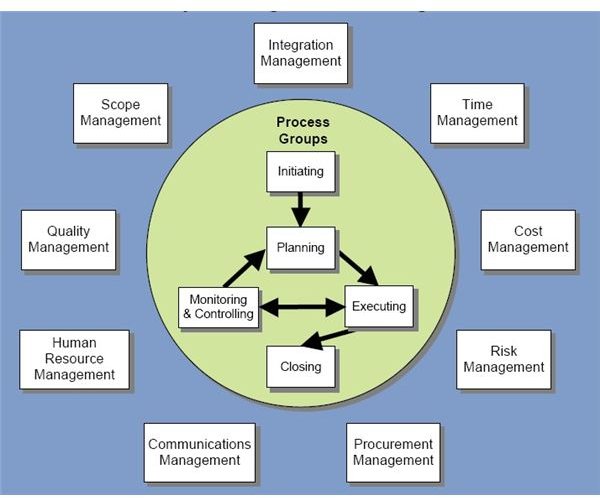Project Management Requires a Systems Approach
Management techniques
Any project is a one time effort to complete a necessary endeavor based on requirements of clients or may even be an attempt to solve a problem. Any project would have some certain bare essentials. This could be a customer with a specific requirement, a budget for completion of the tasks needed to achieve the desired end result and finally a time frame in which the entire exercise needs to be completed. Initially to make a start on any project a project manager has to first understand the customer’s requirement, its details and the context in which it is placed. Understanding the environment in which all the activities are to take place is also just as important.
Any project, however big or small, requires the project manager to keep in mind a lot of details concerning the project and a good manager will not allow these details to be overwhelming, and would always try to keep the larger picture and customer’s objectives in mind. As projects grow larger and more complex, this is a task not easily accomplished. By using a systems approach to project management, a project manager would be able to keep in mind the required end result, and appreciate the fact that all features and activities en route to the end result are only important to achieving that result.
Image source: Wikimedia:https://commons.wikimedia.org/wiki/File:Project_Management_Knowledge_Areas.jpg
The Systems Approach
The systems approach to project management has several aspects that would require to be taken into consideration.
- All elements within a project are dependent on each other and each one of them would have their own special needs or characteristics. Every element would have its own complete properties that are unique and would need to be properly understood.
- There have to be goals or end results even for intermediate stages of a project, and the project manager would always have to be working towards these and fully understand the importance of these results.
- All inputs into a project would have to be determined and kept constant or added to whenever necessary. Some inputs may be external to the project and would have to be kept in mind as they could have an impact on the end result in terms of quality, money and time. Inputs get transformed into outputs and result in progress of a project towards the end result.
- Every project would have some sort of disorder or a state of randomness in certain elements which a project manager would have to be aware of. A project also requires that there is some sort of ordered feedback which allows the monitoring of project as it proceeds to its predictable end.
- A project would have a number of specialized units performing specific functions, and could also be composed of a number of smaller projects or subsystems which would add up to a whole for the project. Different approaches may be needed for such specialized functions or subsystems.
- A project manager would always keep in mind a number of alternative methods to complete and achieve each objective.
- It may also be possible for a project manager to visualize different objective using common inputs in order to achieve some economy of effort.
Using a systems approach to project management enables a project manager to keep the objectives and end results constantly in mind so that the end results are as desired by the client.
